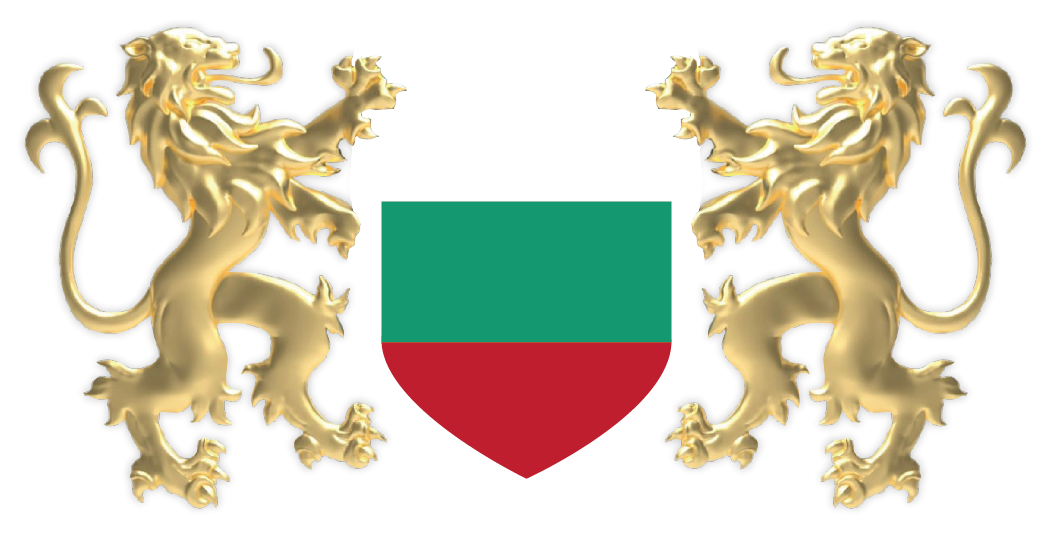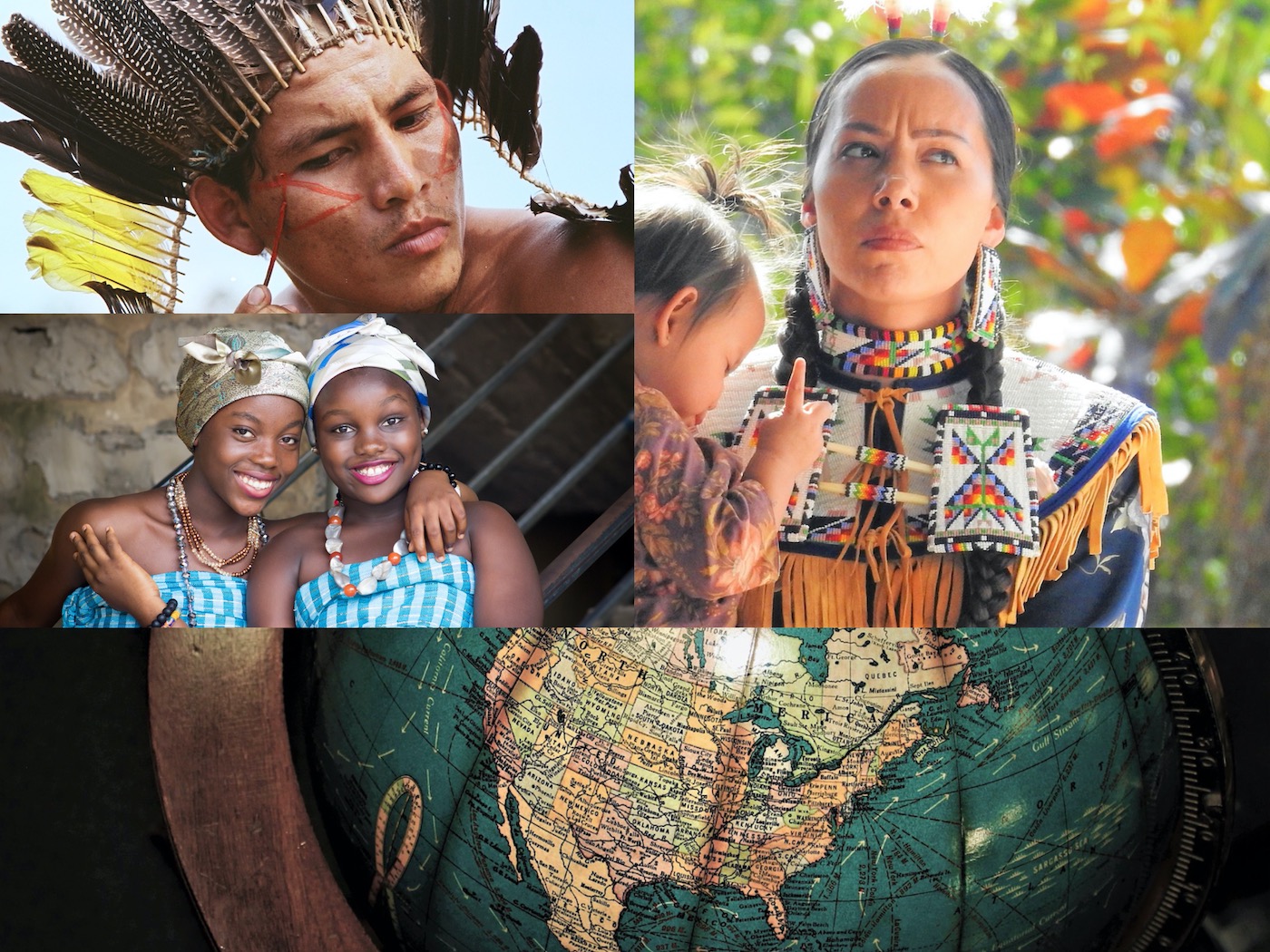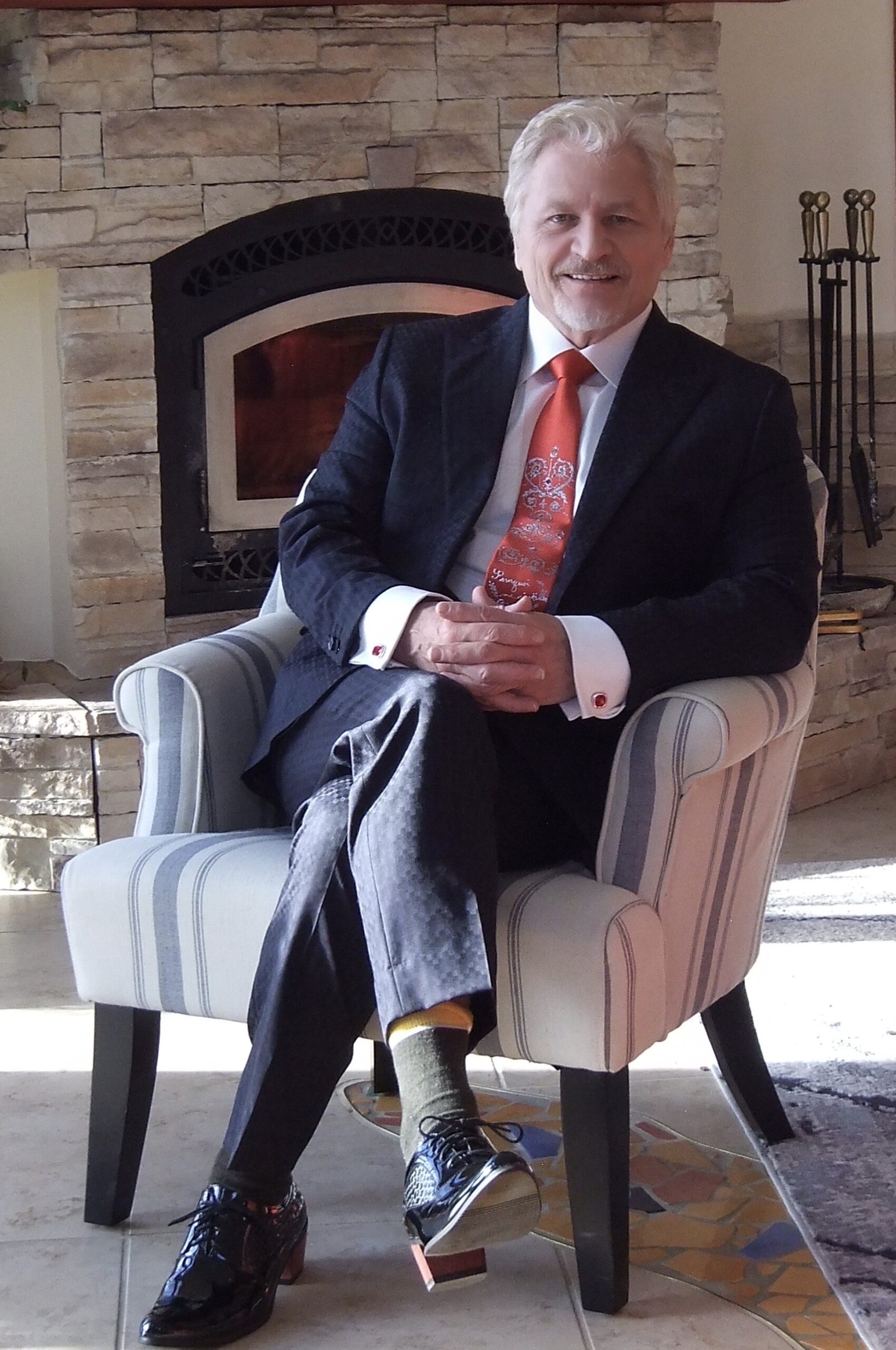Brian S. Mason
Founder & Chairman
Founder & Chairman of DWB, Brian S. Mason, is a goodwill pioneer and a spokesperson for Peace through Economic Development. Creating a bank dedicated explicitly to supporting societies with a sustainable solution to developing a region is the primary mission attributed to the First Development World Bank.
Philosophy & Vision
History of Establishment
DWB Sovereign Land Registration
Brand & Coat Of Arms
Importance of Native Territories & the Old Continent
Indigenous peoples, also known in some regions as First peoples, First Nations, Aboriginal peoples, or Native peoples or autochthonous peoples, are ethnic groups who are the original or earliest known inhabitants of an area. They are generally historically associated with a specific territory on which they depend. Indigenous societies are present in every inhabited climate zone and continent of the World. The Mother of all Native Nations of the World is without question the great continent of Africa. DWB commits to taking Africa and the First Nations of the World as a priority to establishing a fair distribution of wealth through strategies of development yet unseen in the conventional banking systems.
The DWB – Development World Bank & Indigenous People
Relationship between the DWB and the First Nations of the World
The Economic Independence of Indigenous People through DWB
Globally, First Nations people have suffered higher rates of poverty, landlessness, malnutrition, and internal displacement and much of it provoked by the governments in which they rightfully reside. The DWB is about to change all of this through economic reform that will speak to their hearts and, on the words and action of Mr. Brian S. Mason, Chairman of the DWB, there will be a complete change through “common sense” economics and the rediscovery of traditional values that inhabited the land much before the “white man” arrived.
Here a publication report that describes the situation of present Indigenous People throughout the planet:
Indigenous Peoples are distinct social and cultural groups that share collective ancestral ties to the lands and natural resources where they live, occupy or from which they have been displaced. The land and natural resources on which they depend are inextricably linked to their identities, cultures, livelihoods, as well as their physical and spiritual well-being. They often subscribe to their customary leaders and organizations for representation that are distinct or separate from those of the mainstream society or culture. Many Indigenous Peoples still maintain a language distinct from the official language or languages of the country or region in which they reside.
There are between 370 and 500 million Indigenous Peoples worldwide, in over 90 countries. Although they make up just 5 percent of the global population, they account for about 15 percent of the extreme poor. Indigenous Peoples’ life expectancy is up to 20 years lower than the life expectancy of non-indigenous people worldwide.
Indigenous Peoples often lack formal recognition over their lands, territories and natural resources, are often last to receive public investments in basic services and infrastructure, and face multiple barriers to participate fully in the formal economy, enjoy access to justice, and participate in political processes and decision making. This legacy of inequality and exclusion has made indigenous communities more vulnerable to the impacts of climate change and natural hazards, including to disease outbreaks such as COVID-19. Vulnerabilities to the pandemic are exacerbated with the lack of access to national health, water and sanitation systems, the shutting down of markets, and mobility restrictions that have greatly impacted their livelihoods, food insecurity, and well-being.
While Indigenous Peoples own, occupy, or use a quarter of the world’s surface area, they safeguard 80 percent of the world’s remaining biodiversity. They hold vital ancestral knowledge and expertise on how to adapt, mitigate, and reduce climate and disaster risks. In the context of the COVID-19 pandemic, there is an opportunity to work through the traditional authorities and healers of Indigenous Peoples to provide accurate information on disease prevention, distribute protective gear and hygiene supplies, and support traditional medicine, livelihoods and recovery in ways that are appropriate to Indigenous People’s priorities and cultures.
Much of the land occupied by Indigenous Peoples is under customary ownership, and yet many governments recognize only a fraction of this land as formally or legally belonging to Indigenous Peoples. Even when indigenous territories and lands are recognized, protection of boundaries or external parties use of natural resources are often weak. Insecure land tenure is a driver of conflict, environmental degradation, and weak economic and social development. This threatens cultural survival and vital knowledge systems – both of which contribute to ecological integrity, biodiversity and environmental health upon which we all depend.
Improving security of land tenure, strengthening governance, promoting public investments in quality and culturally appropriate service provision, and supporting indigenous systems for resilience and livelihoods are critical to reducing the multidimensional aspects of poverty while contributing to the Sustainable Development Goals (SDGs).
The DWB will work with Indigenous Peoples and governments to ensure that broader development programs reflect the voices and aspirations of Indigenous Peoples.
The Law of “Common Sense” & the Need for Reforms to Serve the Humanities
Philosophy & Vision
Have you heard the term – “There is a new sheriff in town?” meaning that a change is about to occur. The same applies here; there is a new bank in town and a brand new way to lend a financial hand to a society in need. Our vision is to become instrumental in every common-sense concept that supports the development of any region of the World. If we aim to a World of Peace, we can’t ignore the path to substantial economic growth through sustainability in our development approach. Our corporate philosophy rest on taking immediate actions to where the needs are vital to reviving a region with the tools that it needs to emerge out of moral decay. DWB stands on a project platform that means good for the people and it serves using the most effective promotional and monetization systems.
History of Establishment
The path to establishing DWB started with intensive research from its founder Mr. Brian S. Mason, who pioneered four years of administrative communication since 2016. Born of an Indigenous mother, he naturally related to the call of First Nations, where Natives became his subject of studies in implementing financial systems that would do good for the prosperity of the first inhabitants. By 2020, and with the patronage support of reputable First Nations Chiefs of British Columbia and other regions of North America, The First Development World Bank registers with its financial base placed under the privileged position of accounts worldwide.
History between
The DWB & Indigenous People
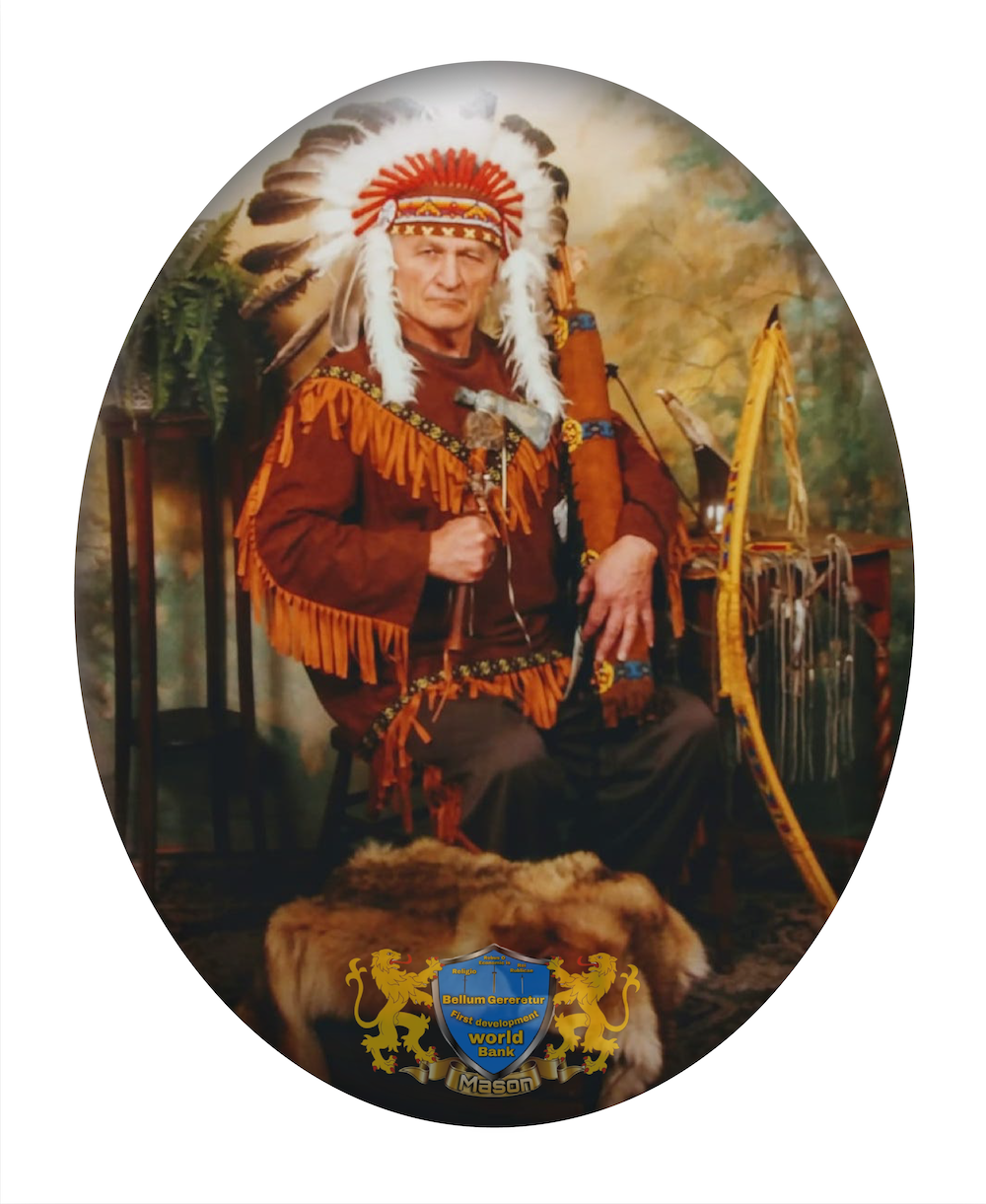
Difference Between Commercial Banks and a Development Bank like the DWB
The primary function of a bank is to support the economic system by acting as a mediator between depositors and loan seekers. Banking services are essential for the development of a country, functioning as the back-bone to economies.
There are three categories of Banks, namely Commercial Bank, Co-operative Banks and Developmental Banks. These can be differentiated on the basis of the purpose they serve in an economic system.
The main difference between a Commercial Bank and a Development Bank is that a Commercial Bank functions to provide financial services to industries and individuals, whereas a Development Bank is set up to provide funds for infrastructural and economic development.
DWB is Registered on Sovereign “First Nations” Native land. The particularity of Burns Lake is that it is the administrative corporate home of six prominant tribes.
The Burns Lake Native Development Corporation (BLNDC) exists to enhance the economic well-being of the Aboriginal people of Northern British Columbia’s Lakes District.It exists to identify and develop economic development ventures and initiatives, for and with, Aboriginal people of the Lakes District. BLNDC will empower member First Nations to realize their economic aspirations within their traditional territories.
Federal Registry on Native Sovereign Land:
No: 992945-2
Official Canada National Business Number:
No: FM0818191
Official Canada Corporate Registry Number:
No: 70982 8073 BC0001
Federal Registry on Native sovereign Land is a unique privilege. We are Sovereign inside the Sovereignty of Canada. First Development World Bank is an independent, privately-owned Bank. It is present and operated under the name of “First Financial Development Corp. of British-Columbia” situated on Native Land and under the Sovereignty of First Nations, all under the Sovereignty of Canada. The existing factual position of First Financial is subject and controlled by First Development World Bank. The status of First Development World Bank falls under “Sovereign Nation,” therefore making this organization a “Supranational Sovereign Organization” insusceptible to foreign government influences anywhere in the world.
Development Headquarters Contact
DWB-MARINEF Development Headquarters
Reception: +81-3-3216-7176
21F Shin-Marunouchi Center Building,
1-6-2 Marunouchi, Chiyoda-ku, Tokyo 100-0005
Monday through Friday Japan Time 10 Am to 5 Pm
Other Ways to Contact Us
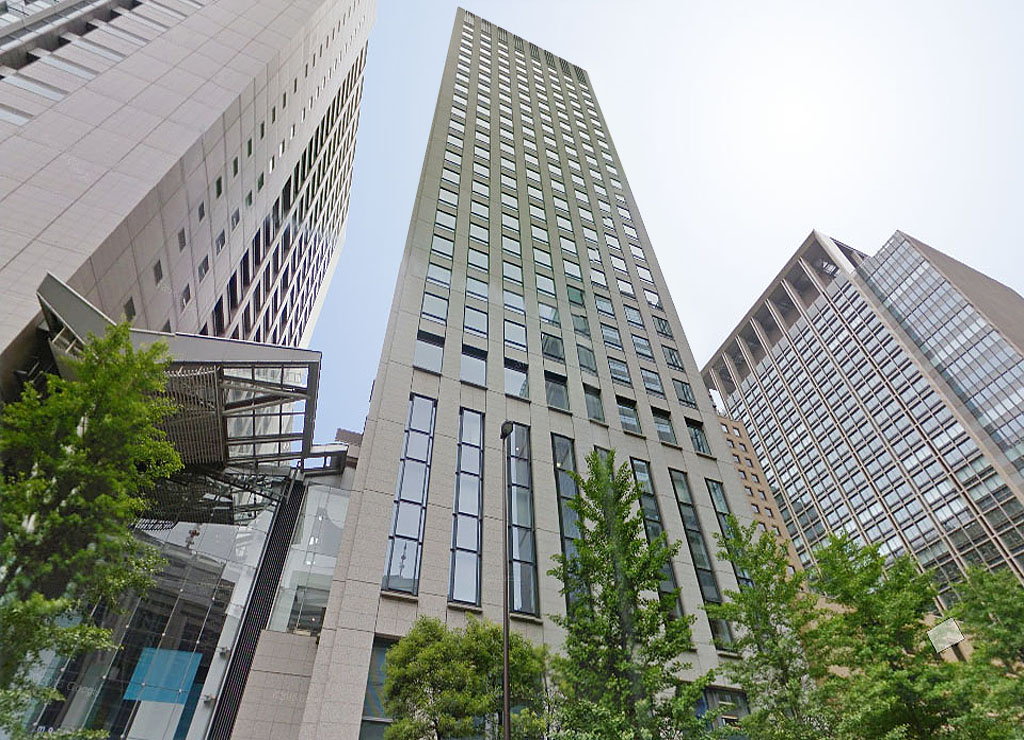
The Brand & Coat of Arms: Knowledge is the Power to Achieve
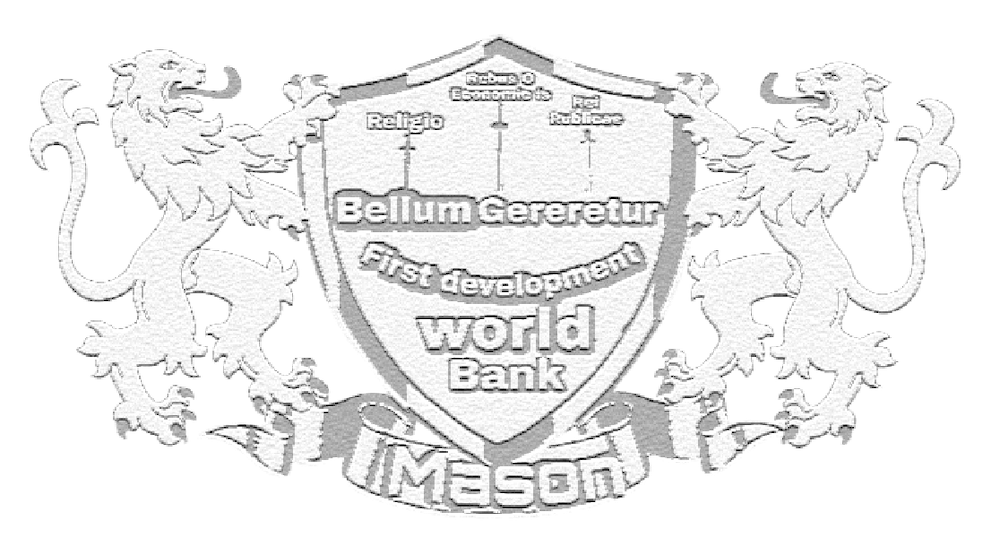
- Cia Bellum Gereretur (Trust Diplomacy)
- Religion (Religion)
- The first sword symbolizes Power, Protection, Authority, Strength, and Courage.
- Spiritual – Knighthood and Chivalry.
- Rebus Oeconomicis (Finance).
- The second sword symbolizes Power, Authority, and Strength.
- Wealth Grander and prosperity.
- Rei-Publicae. (Politic)
- The third sword symbolizes the penetrating power of intellect. Power and Authority are in constant evolution worldwide.
- The Lions protecting the Coast of arms blue shield : Symbolize: Stability, strength, courage in power for domination.
- We represent Trust, loyalty, wisdom, confidence, intellect, faith, and truth.
